The Operationalizing Intersectionality Framework: A Tool for Sport Administrators

Equity work often “lets some others join” but still centers on the needs of the most privileged members in a group. To better integrate the experiences and perspectives of diverse individuals, intersectional approaches to policies, programs, and practices—which account for the multiple, overlapping systems of oppression some individuals face—are vital. E-Alliance, the national gender+ equity…
Newcomer experiences
For community sport organizations, newcomers to Canada are an important source of future participants/members, staff, and volunteers. Taking the time to consider the experiences of newcomers when they walk through your doors or onto your fields – and taking action to make those experiences better – can help build authentic and long-lasting relationships.
Multiculturalism and physical culture: The case of the GTA
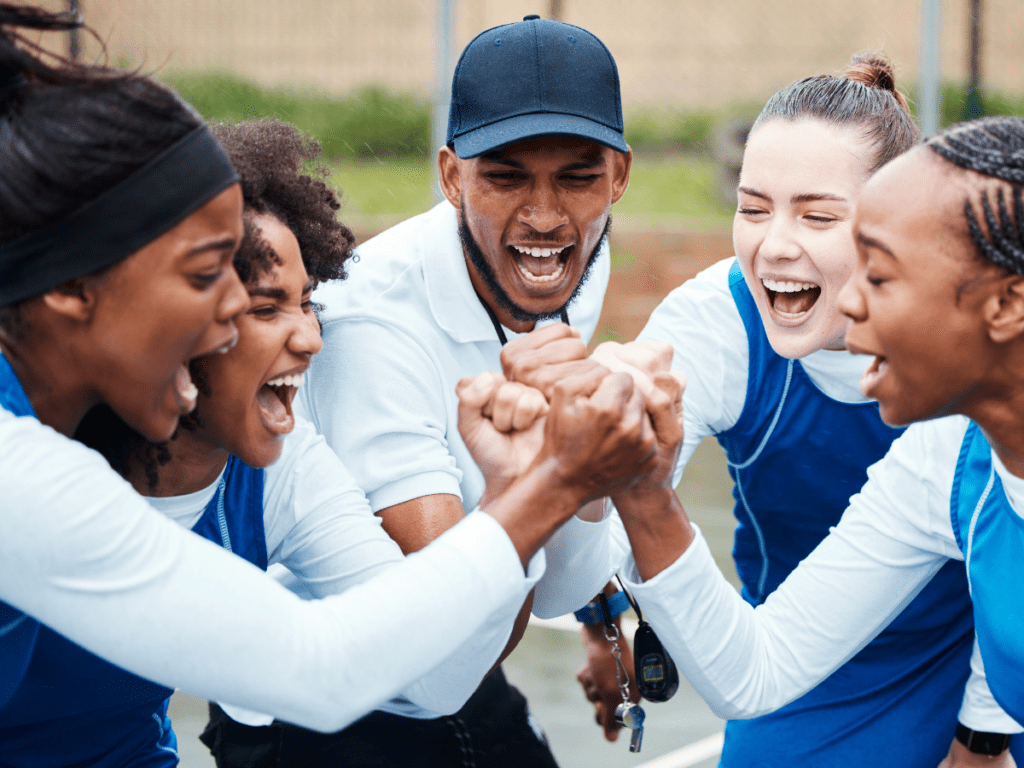
There are two parts to this project: First, we have established an open-access on-line archive to collect every form of physical culture that people participate in in the Greater Toronto Area (GTA). Second, use the on-line archive to engage in follow-up research – interviews and secondary data analysis – to answer an initial set of…
Racing towards 2030: Using the Sustainable Development Goals to move inclusion forward in sport
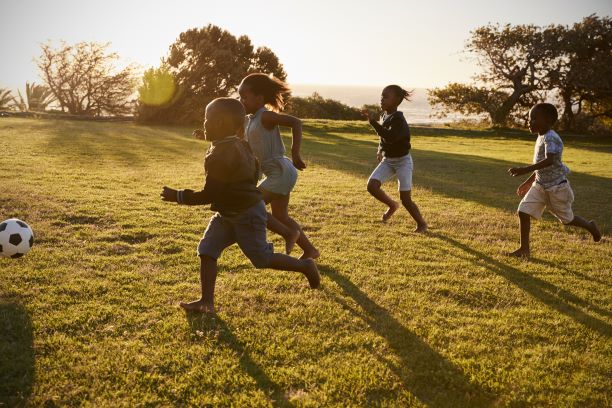
If there was ever a time in our history to consider how to not leave anyone behind, 2020 was that year. As people and organizations seek to reconcile the impact of COVID-19, we need to think about how we build back in ways that intentionally bring people together and collectively work towards a better future. The…
“Dwelling in the tensions:” Research in the intersections of second-generation teen girls’ sport experiences
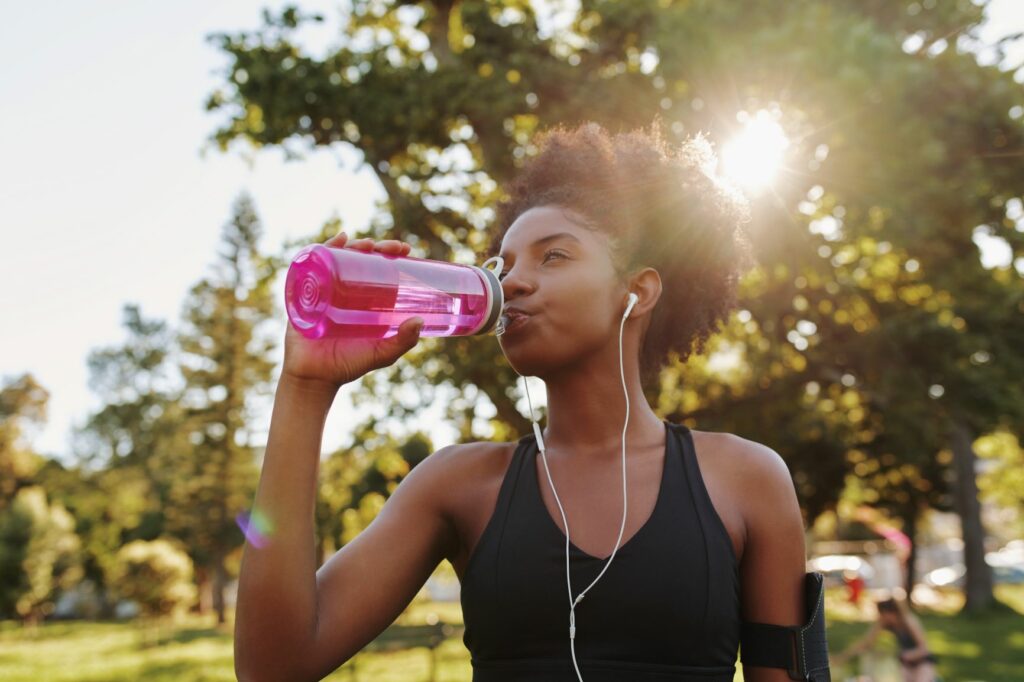
In 2019/2020, Canadian Women & Sport partnered with graduate student Amina Haggar to explore the experiences of second-generation African Canadian teen girls in a community sport program in Ottawa, Ontario. Haggar, an MA Candidate under the supervision of Dr. Audrey Giles at the University of Ottawa, conducted interviews with eleven sport coordinators and coaches involved…
Tackling Racism on Campus
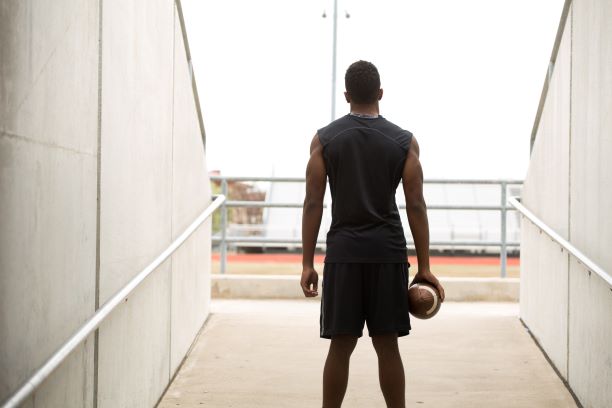
George Floyd, Ahmaud Arbery, Breonna Taylor, Regis Korchinski-Paquet and D’Andre Campbell are names of Black men and women who were killed this past year. Their tragic deaths sparked a global conversation about anti-Black racism, police brutality, white supremacy and the systemic challenges that Black, Indigenous and people of colour (BIPOC) face every day. Within the…
Health disparities in football
Findings from the Football Players Health Study, which includes self-reports from 3,794 former NFL players, show Black, Hawaiians, Native Americans and Asian players players were significantly more likely than white players to experience diminished quality of life due to pain, cognitive troubles, depression, and anxiety. The study’s lead author, Dr. Andrea Roberts, notes “our findings…
Five Recommendations to Authentically Engage Newcomers in Sport
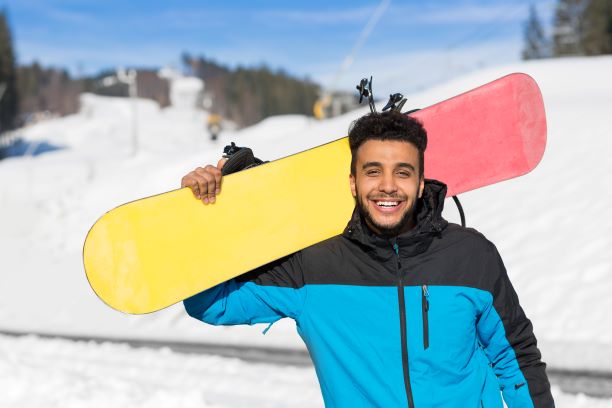
Events of 2020 provided a catalyst for sport administrators and community leaders to more directly consider how to create inclusive sport and physical activity opportunities for underrepresented communities (e.g., ethno-racial minorities, LGBTQ2S communities, persons with disabilities). One community receiving increasing attention is newcomers to Canada. Research shows that individuals who have recently immigrated to Canada…
Black History Month
February is Black History Month, a national initiative to honour the legacy of Black Canadians. Despite facing systematic discrimination, Black Canadians have persevered and triumphed in sport. Ryerson University’s Nicole Forrester talks about the impact of George Dixon, Barbara Howard, Harry Jerome, and other trailblazing athletes on Canadian sport in the Conversation.
Understanding barriers to sport in Hamilton, ON
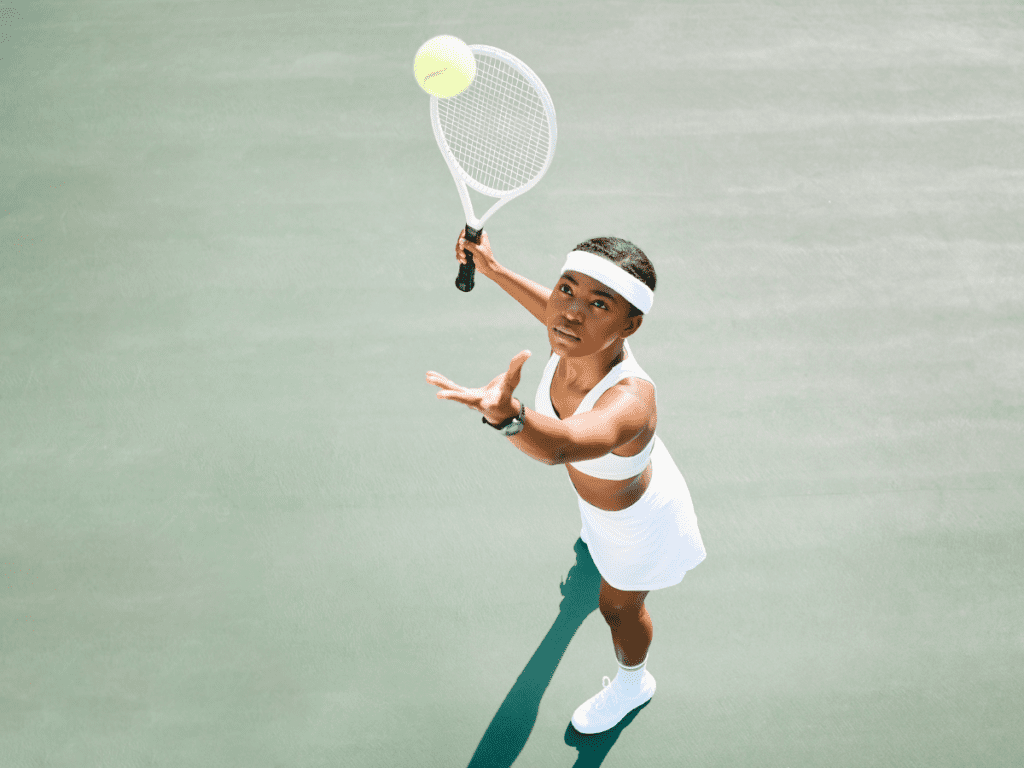
Project summary This study uses a random group of adults in Hamilton, ON to determine what barriers to sport are preventing adults from being active through sport. The research using data from a questionnaire that was part of a larger study called the Hamilton Active Living Study or HALStudy. This questionnaire data was used to…